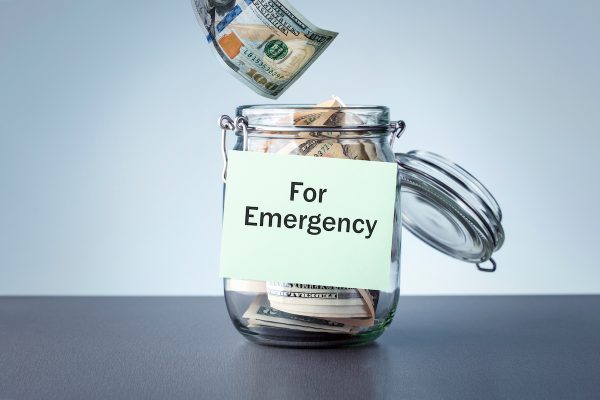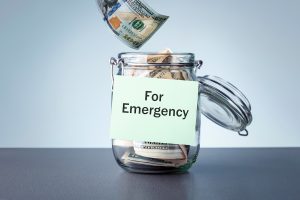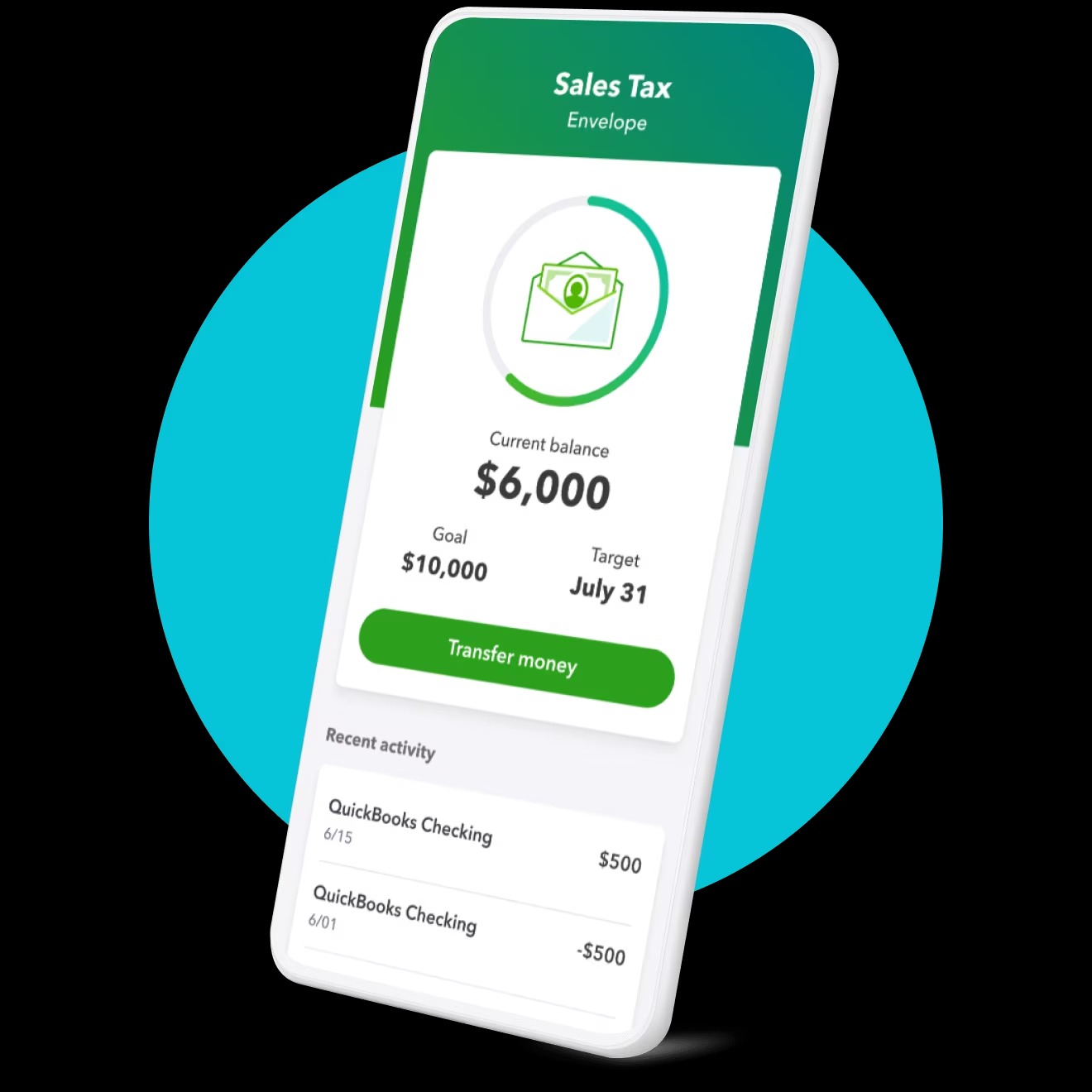Home>Finance>Navigating Financial Emergencies: Smart and Responsible Strategies


Finance
Navigating Financial Emergencies: Smart and Responsible Strategies
Published: November 27, 2023
Unexpected financial emergencies can happen to anyone, anytime. Learn how to handle them responsibly with the right tools and strategies.
(Many of the links in this article redirect to a specific reviewed product. Your purchase of these products through affiliate links helps to generate commission for LiveWell, at no extra cost. Learn more)
Financial emergencies, such as unexpected medical bills, job loss, or urgent home repairs, can strike anyone, anytime, making economic stability uncertain within moments. However, with the right strategies in place, like navigating an online loan from My Canada Payday, handling these emergencies can be less daunting. This article focuses on innovative yet responsible ways to manage financial crises, ensuring you’re well-prepared for life’s unpredictable financial challenges.
Building An Emergency Fund
Financial preparedness begins with an emergency fund, and a dedicated savings account to cover unexpected expenses. Begin by setting aside a small, manageable amount from each paycheck. Gradually increase this amount as your financial situation improves. The goal is to eventually have three to six months’ worth of living expenses saved up. Your emergency fund should be easily accessible but separate from your regular checking account to avoid dipping into it for non-emergencies.
Smart Borrowing: Choosing the Right Options
Sometimes, your savings might not cover a large emergency expense, and borrowing becomes necessary. Choosing the right borrowing option is crucial. Look for low-interest borrowing options, such as a personal loan or a home equity line of credit. Be wary of high-interest credit cards or payday loans, which can exacerbate your financial strain.
While it’s possible to borrow from your 401(k) or other retirement accounts, consider this a last resort. It can significantly impact your retirement savings and future financial security. If you aren’t sure what the right financial move is for your situation, it’s wise to consult your financial advisor. Before making any big financial decisions in an emergency situation, make sure you get professional advice.
Reducing Expenses
In times of financial emergency, temporarily reducing your expenses can provide some much-needed breathing room.
Cut Non-Essential Spending
Evaluate your spending habits and identify areas where you can cut back, such as dining out, subscriptions, or luxury purchases.
Negotiate Bills and Payments
Contact service providers, lenders, or landlords to negotiate temporary reductions or extensions on bills and payments. Many are willing to offer flexible solutions during hard times.
The Creative Approach
Boosting your income can be an effective way to handle financial emergencies. Consider freelance work, part-time jobs, or side gigs. The gig economy offers various options, from rideshare driving to online freelancing. Whether online or through a garage sale, selling items you no longer need can provide quick cash.
Staying Informed and Insured
Being well-informed and adequately insured can mitigate financial emergencies.
Review and Update Insurance Policies
Ensure you have appropriate insurance coverage, including health, homeowners/renters, and auto insurance. Regularly review and update your policies to reflect your current needs.
Stay Informed
Educate yourself about financial planning and emergency preparedness. Knowledge is power, especially when managing your finances. Whether you pick up a financial guide at your local bookstore or take a free introductory online budgeting course, there are many ways to educate yourself.
Handling a financial emergency requires foresight, innovation, and responsibility. By building a robust emergency fund, borrowing wisely, cutting back on expenses, augmenting income, and staying insured and informed, you can confidently navigate financial crises.














